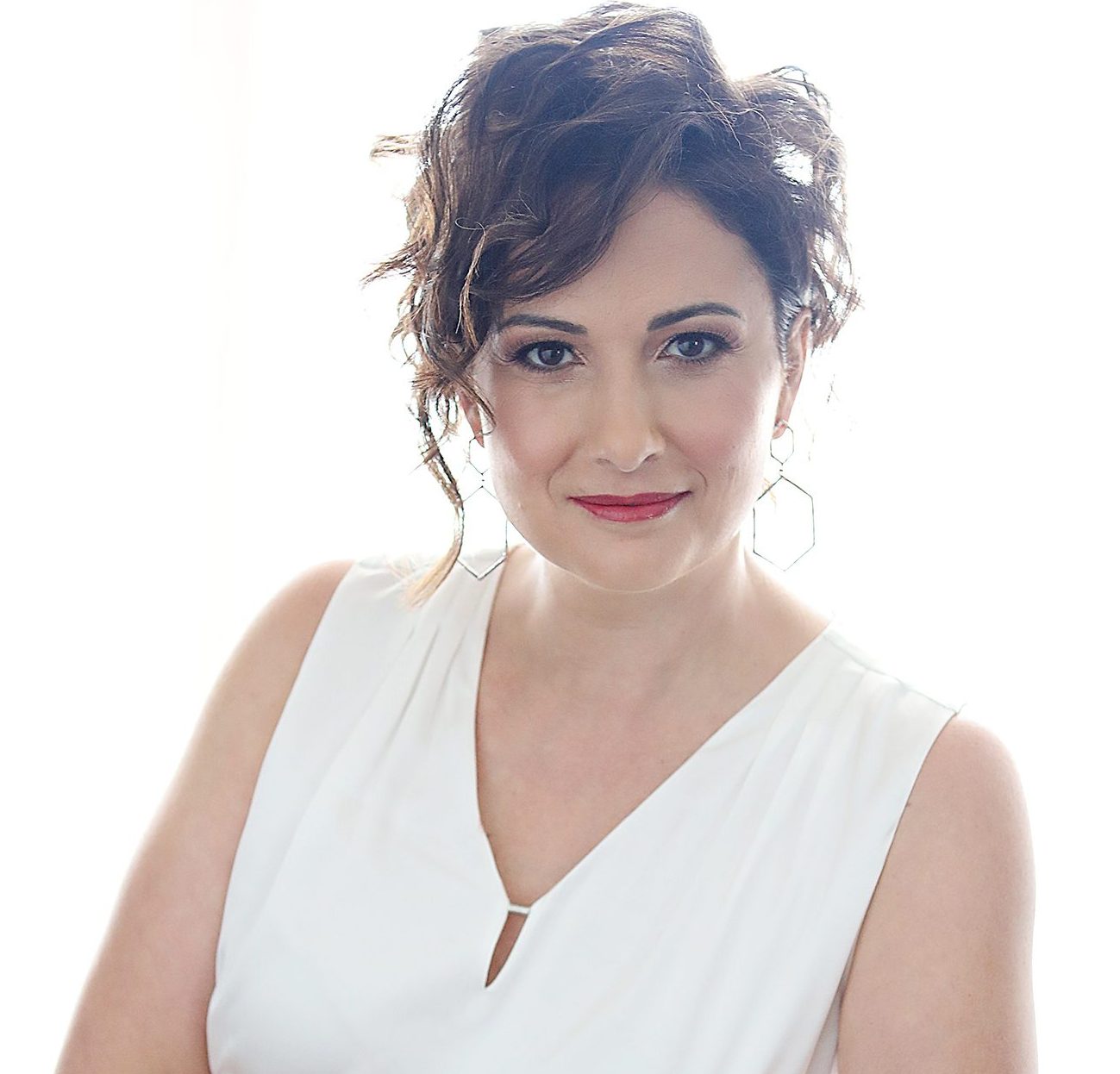I was invited recently to be the commencement speaker at USD. I was ecstatic to come back to the university where my leadership journey began, but little did I realize that this experience would teach me an invaluable lesson about my own unconsicious biases.
A week before the event, I received an email with instructions and information pertaining to commencement. The email said that I would be speaking after Provost Jennings. When I read Provost Jennings’s name, I immediately imagined a stout, mid-50’s white man with a salt and pepper halo of hair and glasses, despite having no idea what this person actually looked like.
I arrived at the stage an hour before everyone else and took everything in. The large pavilion with rows of empty chairs before me would soon be filled with graduate students eager to receive their diplomas. I was brimming with excitement.
The dean arrived with two other people a few steps behind him. He smiled and said, “Hi Dima, I would like to introduce you to Provost Jennings.” I saw a man behind the dean whose physical description matched what I had in mind. Portly, glasses, with a receding hairline. I walked toward him and held out my hand, but he had a quizzical look on his face. I heard the dean’s voice behind me say, “Oh no, this is Provost Jennings!” I turned around to see the dean pointing to a woman in her early-50s. My heart dropped to my stomach, and the expression on her face was clear: “Here we go again.” She was very polite and didn’t say anything, but she had probably experienced this so many times — that is, someone mistaking a man for having her title – that it no longer surprised her. I felt my cheeks burn with shame and thought to myself, “Even me?”
My life’s work is dedicated to empowering woman globally, but even I was subject to my own unconscious biases. I assumed, with very little information at hand, that the Provost would look a particular way, and in the process of my assumption, I repeated a negative pattern of thinking.
It is so crucial that we open our minds, become aware of our own biases, and realize how they are impacting our perceptions of others. Most importantly we must continue to be intentional on a daily bases to eliminate these biases.
I am thankful for Provost Jennings because by meeting her, I gained a valuable lesson that I will remember for the rest of my life.
For more information, visit www.dimaghawi.com and www.BreakingVases.com.


